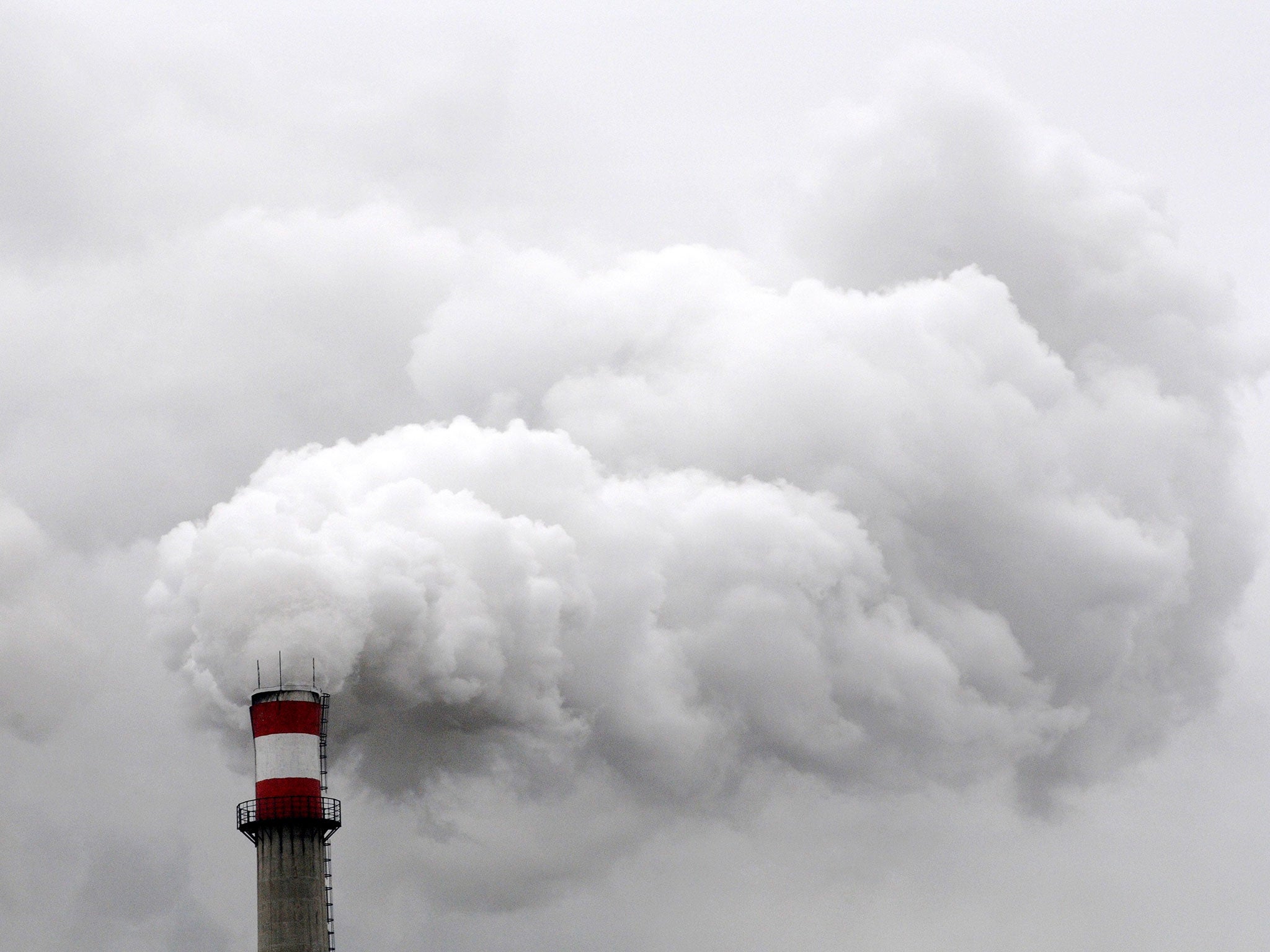Paris climate change pact to take effect in 30 days, UN announces
The number of countries necessary for the deal to go ahead has now been reached

Your support helps us to tell the story
From reproductive rights to climate change to Big Tech, The Independent is on the ground when the story is developing. Whether it's investigating the financials of Elon Musk's pro-Trump PAC or producing our latest documentary, 'The A Word', which shines a light on the American women fighting for reproductive rights, we know how important it is to parse out the facts from the messaging.
At such a critical moment in US history, we need reporters on the ground. Your donation allows us to keep sending journalists to speak to both sides of the story.
The Independent is trusted by Americans across the entire political spectrum. And unlike many other quality news outlets, we choose not to lock Americans out of our reporting and analysis with paywalls. We believe quality journalism should be available to everyone, paid for by those who can afford it.
Your support makes all the difference.The Paris agreement on climate change will enter into force in 30 days, after the number of countries ratifying the accord passed a key threshold.
The EU, Canada and Nepal are all expected to deposit their instruments of ratification - formally accepting the process - on Wednesday, said UN spokesman Farhan Haq.
"By the end of the day, we expect the Paris agreement on climate change to have crossed the second and final threshold needed for it to enter into force," Mr Haq said.
"The Secretary-General has been very encouraged by the tremendous positive support from a broad coalition of countries from the largest emitters to the small island developing states to bring the Paris agreement to life as soon as possible."
The deal takes effect 30 days after 55 countries, accounting for at least 55 percent of global emissions, have adopted it.
Sixty-two countries had done so as of Tuesday but they accounted only for about 52 per cent of emissions.
With the addition of Nepal, Canada and the seven EU countries that have so far ratified the deal, the countries now account for well over 55 per cent of emissions.
The Paris agreement, successor the Kyoto Protocols, aims to "stabilize greenhouse gas concentrations in the atmosphere at a level that would prevent dangerous anthropogenic interference with the climate system".
Most crucially, its 191 signatories want to prevent the world's temperature increasing by 2C, so it is possible to "significantly reduce the risks and impacts of climate change".
Tense international relations between major carbon-emitting powers, in particular the US and China, had led to some difficulties in ratifying the deal, but the two countries agreed to it in September.
The next UN climate conference begins on 7 November in Marrakech, Morocco.
AP contributed to this report
Join our commenting forum
Join thought-provoking conversations, follow other Independent readers and see their replies
Comments